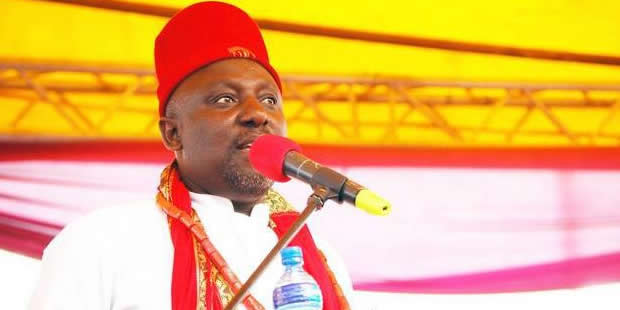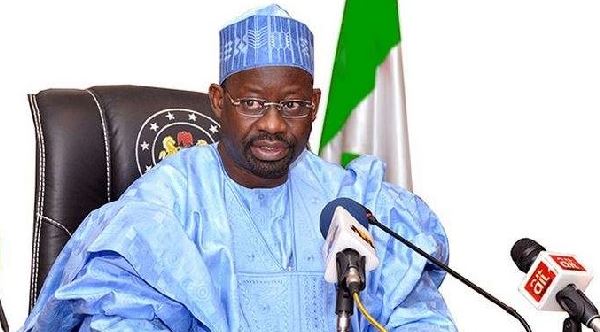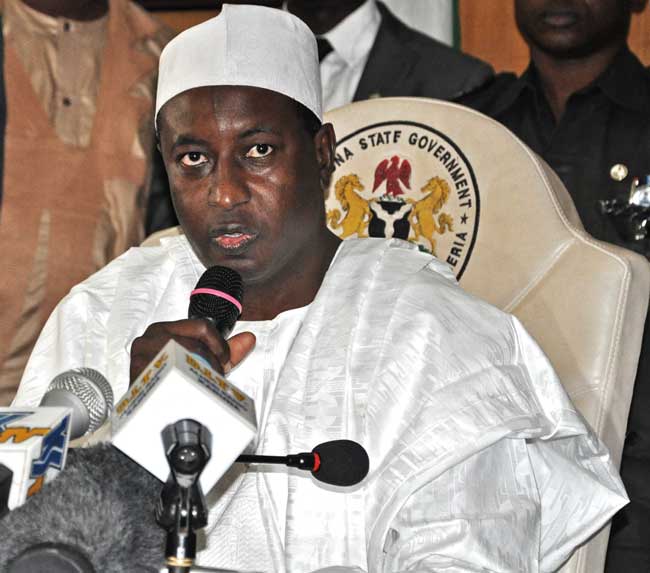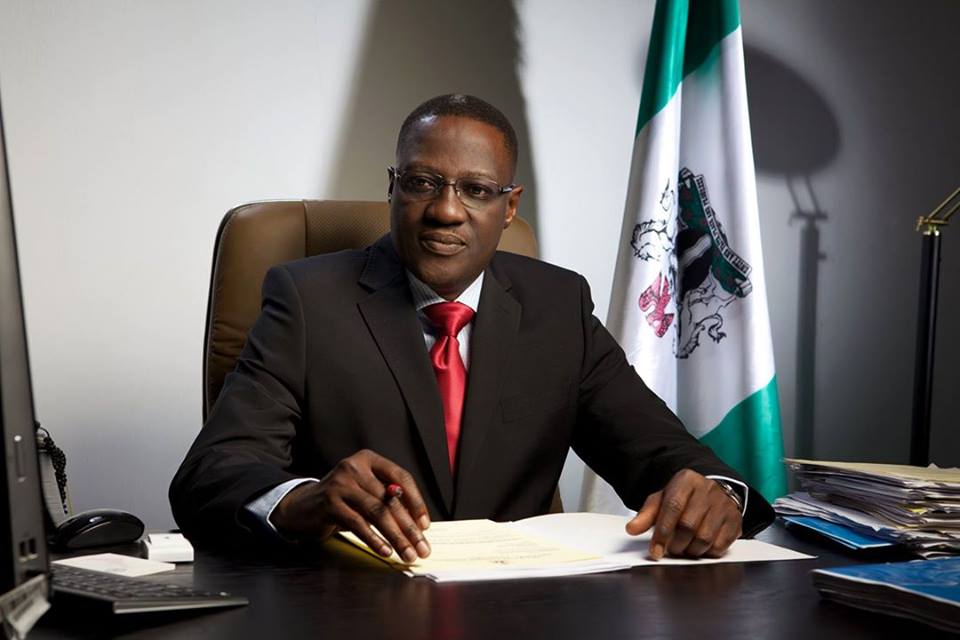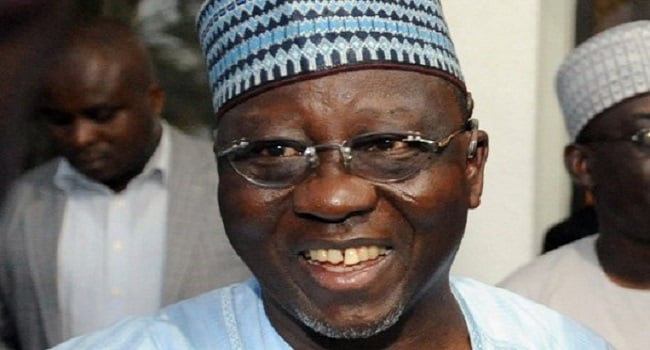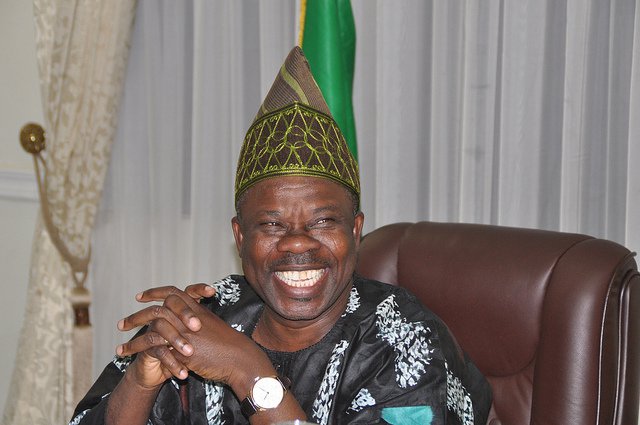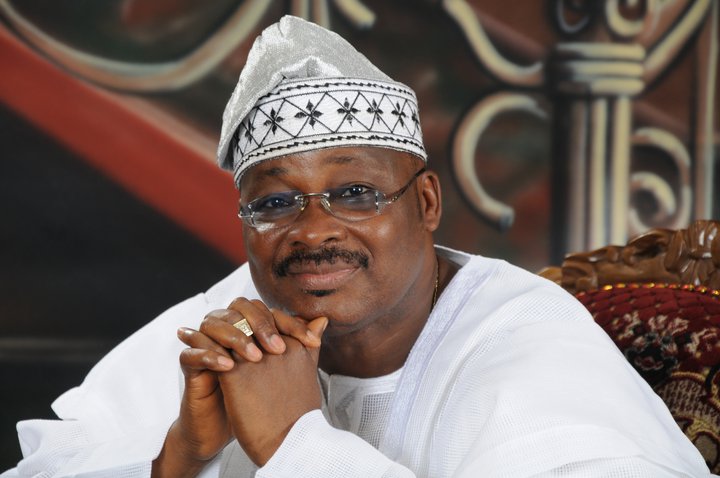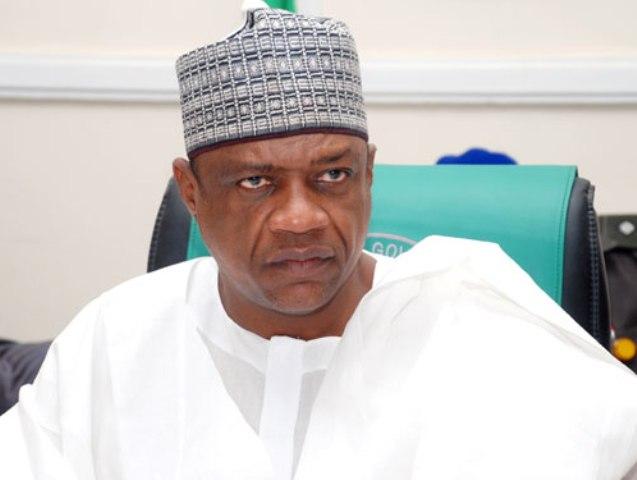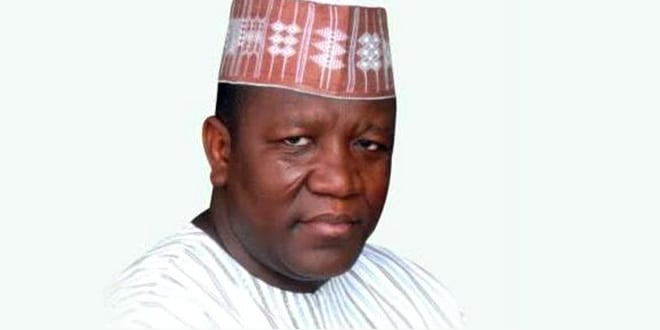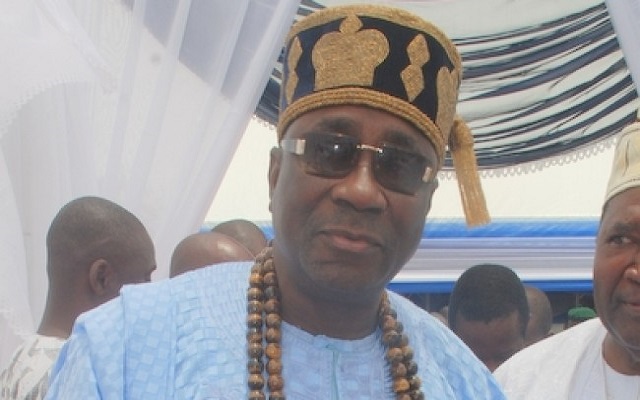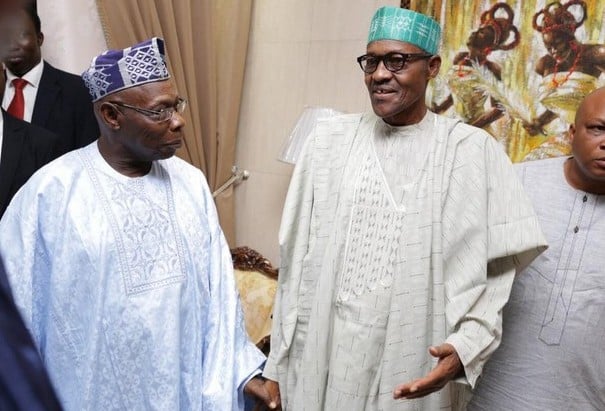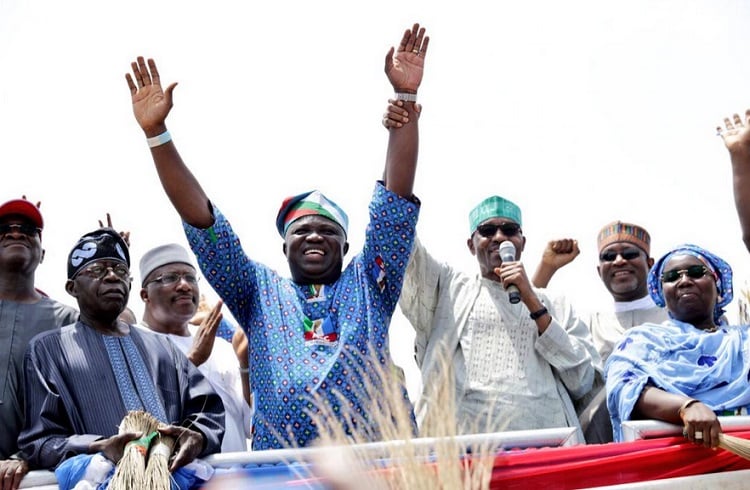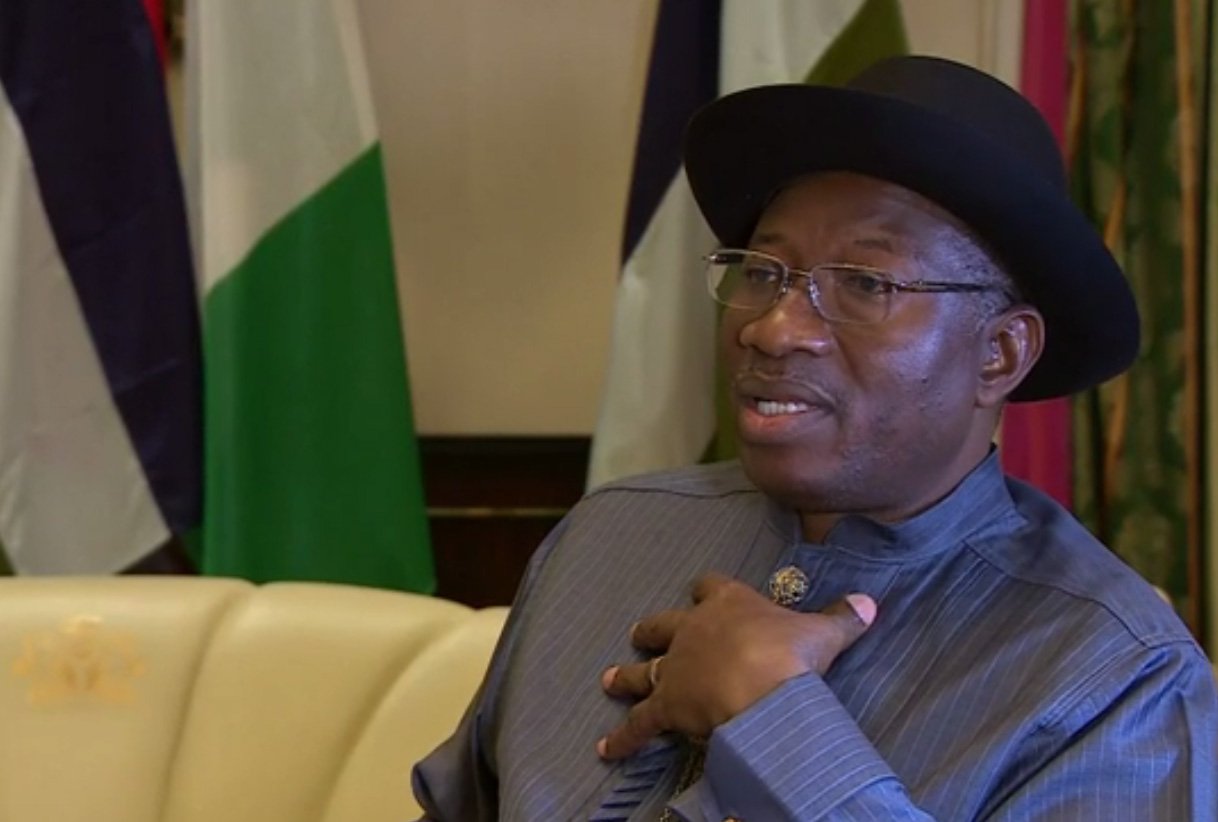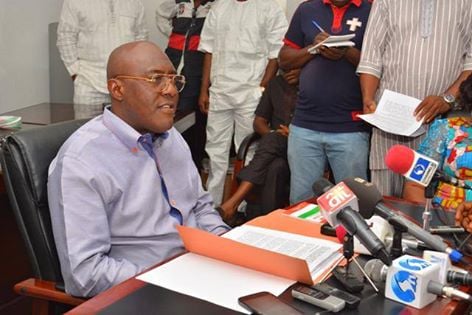If you called the 2015 general election ‘an election of surprises’, no one would fault you. In the country’s history, it is the first election where an opposition candidate would unseat an incumbent president.
Apart from the loss of the president, five governors nursing senatorial ambitions also failed, while many other incumbent senators lost their seats. Prior to 2015, such was almost impossible. Those occupying principal positions were lords of the manor who not only returned to their positions but also secured mandates for their preferred candidates.
Emmanuel Uduaghan of Delta and Martin Elechi, his Ebonyi counterpart, failed to win their party’s ticket for the senate or help their candidates get the gubernatorial tickets. Given the current situation of things, is there any guarantee for the nine governors seeking re-election?
Below is a list of the governors seeking to retain their offices and their chances in the April 11 poll.
Advertisement
ROCHAS OKOROCHA
In 2011, Okorocha, ran on the platform of the All Progressives Grand Alliance (APGA), defeating Ikhedi Ohakim, the then sitting governor of Imo. Although many believed that Ohakhim’s excesses, such as allegedly battering a priest, gave Okorocha victory back then, the incumbent governor is not a greenhorn in the game.
He has contested for the presidential ticket on two occasions (ANPP in 2003 and APC in 2015) and served as special adviser on inter-party affairs to former president Olusegun Obasanjo. Okorocha has also held different political positions.
On Saturday, he would be running against gladiators like the PDP’s Emeka Ihedioha, a three-term lawmaker and deputy speaker of the house of representatives, who hails from Owerri senatorial zone, which has the highest voting population in the state. Also contesting is APGA’s Emmanuel Iheanacho, also from Owerri senatorial zone – the zone expected to produce the next governor.
Advertisement
While Ihenacho, a former minister of interior, has the advantage of the platform on which he is running – APGA is predominantly a southeastern party – Ihedioha has the advantage of the federal war chest.
Meanwhile, Okorocha has lots of issues to contend with; one is his party. The All Progressives Congress (APC) is not well-accepted in the southeast. For example, despite his popularity, Chris Ngige came a distant third in the 2013 gubernatorial election and recently lost in the senatorial election. Political pundits argue that had he run under PDP or APGA, the outcome would have been different.
Another factor working against him is the image of his administration. Okorocha has a lot of opinion reshaping to do if he would not vacate office before 2019. There have been series of protests against his administration in recent times – either from contractors complaining of lack of payment or students complaining of government neglect. There are also complaints of excessive show of force. His opponents have noted these faults keenly and are waiting to pounce.
IBRAHIM DANKWAMBO
Advertisement
Dankwambo, a former accountant-general of the federation, rode to the Gombe state government house on the back of his predecessor, Danjuma Goje, who is now an APC senator. But both men have since fallen apart. The governor was even said to have ordered soldiers to lay siege on Goje’s residence in order to prevent him from using his grassroots influence to work against the PDP during the presidential election, yet the APC won by a landslide.
However, apart from the popularity of Inuwa Yahaya, a former commissioner of finance and candidate of APC, the acceptability of Muhammadu Buhari, the president-elect, is another factor that might debar Dankwambo from spending eight years in office like Goje.
Although there are other candidates in the race, it is more or less a two-way horse race between Inuwa and the incumbent governor.
MUKHTAR YERO
Advertisement
If Yero had any ray of hope prior to the presidential election, such would have been fading since the announcement of the result. Kaduna gave Buhari a total of 1.1 million votes during the election, despite the best efforts of Namadi Sambo, the vice-president, and Yero.
During the campaign, Yero frustrated Buhari by refusing to grant him access to the Murtala Mohammed Square for the APC presidential campaign rally.
Advertisement
A commissioner of finance until the late Patrick Yakowa announced him as his running mate, this is the first time that Yero would be contesting an election. He took over the saddle in December 2012 after Yakowa died in a plane crash.
His rival, Nasir el-Rufai of APC, is not only a cerebral politician but also a strong Buhari ally. As a matter of fact, the first social function that Buhari would attend after his declaration as president-elect was the wedding of el-Rufai’s son and the event was more or less a campaign on its own, as chieftains of the APC flooded it.
Advertisement
Being a resident of kaduna, Buhari is well-accepted and the former minister of the federal capital territory is one of the best brains of the APC. Analysts rate el-Rufai above Yero in the election.
ABDULFATAH AHMED
Advertisement
Although he was elected on the platform of the PDP, Ahmed was one of the six governors who staged a walkout from the national convention of the party in August 2013 and later defected to the APC.
The governor served as the commissioner for finance and economic planning under Bukola Saraki, his predecessor.
The politics of Kwara is incomplete without the influence of the Sarakis and it was Ahmed who let the world know that Bukola had taken over the political dynamism of the state from his father. The late Olusola Saraki endorsed his daughter, Gbemi as Bukola’s successor, but the then governor would have none of it and pitched his tent with Ahmed. At the end of the day, the candidate of the younger Saraki emerged and since then, Ahmed has warmed his way to the heart of the people.
Although he is known not to have lost any election in recent times, Simeon Ajibola of the PDP, who is considered the governor’s major opponent, does not have the followership of Ahmed.
But for his emergence at the keenly contested primary of his party, Ajibola, a three-term senator, was not well-known in the state. This factor almost made him lose the party’s ticket.
Despite the fact that the PDP tried to reach out to other candidates at the primaries, most of them are not really working for the party. A good example is Gbemi, who directed her followers to vote against PDP during the presidential election. The friction in the party would make the election a walk over for Ahmed, who continues to amass supporters by the day. Even the result of March 28 poll – where APC won all the senatorial and house of representatives seats as well as the presidential election – are clear indications of where the pendulum would swing on Saturday.
TANKO AL-MAKURA
He was the only governor that got elected on the platform of the then Congress for Progressives Change (CPC) in 2011, and many believed that the popularity of Buhari, who established the party, was responsible for the feat.
However, the story changed shortly after he was sworn into office. Al Makura embarked on projects that transformed Nasarawa state. He became so popular that when powerful forces wanted to use the house of assembly to get rid of him like Adamawa state’s Murtala Nyako, Al Makura scaled the hurdle. Thousands of his supporters staged street protests despite being harassed by security personnel.
But security has been his Achilles heel. Frequent communal clashes, particularly between the natives and Fulani herdsmen, have risen during his administration. This largely is what his opponents are seeking to exploit to their advantage.
Yusuf Agabi, the PDP candidate who forced Labaran Maku, an influential member of Jonathan’s cabinet, to defect to the Labour Party, have been assuring residents of the state that their security would be guaranteed if the incumbent is voted out.
There are other contestants, but Maku and Agabi are the main threats to Al-Makura’s re-election bid.
Maku undoubtedly has the supporters of his influential Eggon ethnic group, while from the Akyeh, a minority in the state, Agabi is a crowd puller and grassroots mobiliser. These two candidates have huge support bases, and Al-Makura has his work cut out.
IBIKUNLE AMOSUN
In 2007, Amosun contested against Gbenga Daniel, the then governor of Ogun state but lost and defected to the Action Congress of Nigeria (ACN) after the death of Dipo Dina, who was tipped to win the election.
In 2011, Amosun contested against Gboyega Isiaka, the favourite of Daniel, who ran under the platform of Peoples Party of Nigeria (PPN) as a result of the friction in the PDP. Tunji Olurin was the standard bearer of the PDP in that election.
However, Amosun has won the hearts of Ogun people with landmark infrastructural development. Abeokuta, the capital of Ogun state, has witnessed a face-lifting but based on the vastness of the state and its lean resources, developments have not gone round the 20 local government areas of the state.
But Amosun has been accused of high-handedness, intolerance to criticism and lack of administrative acumen. His rift with Olusegun Osoba, a prominent political figure and former state governor, led Osoba to dump the APC and resuscitate the Social democratic Party (SDP).
Segun Adesegun, his deputy, also openly revolted against him and crossed over to SDP. The decision of the governor to increase the tuition fees of the students of Olabisi Onabanjo University (OOU) also pitched him against the people, but he eventually slashed it.
But time has since taken care of that and he appears coasting to victory. Former president, Olusegun Obasanjo, might have lost his ward while in office but his support for the APC has yielded fruits and he has publicly declared interest in the re-election of Amosun.
On Sunday, Obasanjo went to a popular market in Abeokuta to solicit votes for the governor. Akin Odunsi of the SDP and PDP’s Isiaka Gboyega would have been tough nuts to crack but the dismal performance of both parties during the March 28 election places Amosun in a good stead.
ABIOLA AJIMOBI
Ajimobi won the senatorial seat of Oyo south west under the platform of the ANPP in 2003 and contested for the governorship in 2007 but lost to Adebayo Alao-Akala, who became governor upon the impeachment of his boss, Rasheed Ladoja. However, in 2011, he defeated Alao-Akala of the PDP and Rashidi Ladoja of the Accord Party.
Ajimobi subsequently went into an alliance with Ladoja but that alliance suffered a setback two years later.
But for him to remain at the government house in Agodi and also break the jinx of becoming the first governor to be re-elected in the state, Ajimobi has to slug it out with four gladiators: Ladoja of the Accord Party again, Alao-Akala of Labour Party, Teslim Folarin of the PDP and Seyi Makinde of the SDP.
But the March 28 election has brightened the chances of Ajimobi, as APC swept not only the presidential but parliamentary election as well. Immediately INEC announced the result of the election, supporters of other parties took to the streets in protest.
The parties, which endorsed Jonathan, wondered how their candidates lost the parliamentary election. But that is not to say Ajimobi can afford to go to sleep.
Ladoja’s stint as governor signalled a rebirth for some sectors, particularly education. He enjoys the support of teachers and other civil servants and also hails from Ibadan like Ajimobi.
Alao-Akala is also back for a pound of flesh and his people are solidly behind him, being the only one to have wrested power from the Ibadan region since the advent of the fourth republic in 1999. Lam Adesina, Rashidi Ladoja and Ajimobi are all from Ibadan.
Alao-Akala left the PDP when he failed to clinch the party’s ticket. Folarin, a former senate leader and Makinde, both from Ibadan, have huge followership across the state, hence April 11 would be a tough battle.
IBRAHIM GEIDAM
Geidam was deputy to Bello Ali, who won the governorship election of Yobe state under ANPP in 2007. However, in January 2009, he succeeded Ali, who died of Leukemia. He was then elected again in 2011, still under ANPP.
But Adamu Waziri, who contested the governorship election on the platform of the PDP in 2003, is set to stop the incumbent governor from being the longest-serving civilian governor in the history of the 24-year-old state.
Waziri also gave it another shot in 2007 and 2011 but time would tell if he would end up like Buhari, who succeeded at the fourth attempt.
Buka Isa of Alliance for Democracy, Muhammad Lawal of APGA and Alli Jallaba of NCP are also in the race.
But the victory of APC at the presidential election has reduced the chances of other candidates. Yobe, which is one of the three states affected by insurgency in the northeast, is the only state where the president-elect did not campaign yet he had massive support.
Commenting on this when a delegation led by Geidam visited him in Abuja, Buhari expressed gratitude to the people of the state.
“Yobe is the only state I was not able to visit during my campaign. I went to the other 35 states but the people still supported me,” he said.
“I remember that when I went there in 2011, the people told me to go and campaign elsewhere because I already have their support.”
The Buhari factor would definitely work in favour of Geidam in addition to the support of Bukar Abba, the first civilian governor of the state and a serving senator.
ABDULAZIZ YARI
All seems set for the incumbent governor of Zamfara state to return to office. The state is a stronghold of APC and to prove this, the party floored PDP with 612, 202 to 144, 833 votes during the presidential election. The party won all the seats in the parliamentary election as well.
Yari has the backing of Sani Yerima, the first civilian governor of the state, and a very influential personality in the political terrain of Zamfara.
Among the 19 candidates seeking to oust Yari, Mahmuda Shinkafi of the PDP, who succeeded Yerima after serving as his deputy for eight years, is the strongest. Shinkafi lost his re-election to Yari in 2011 and is battle ready this time around. But the PDP has never won governorship in the state and history is likely to repeat itself.
Add a comment

